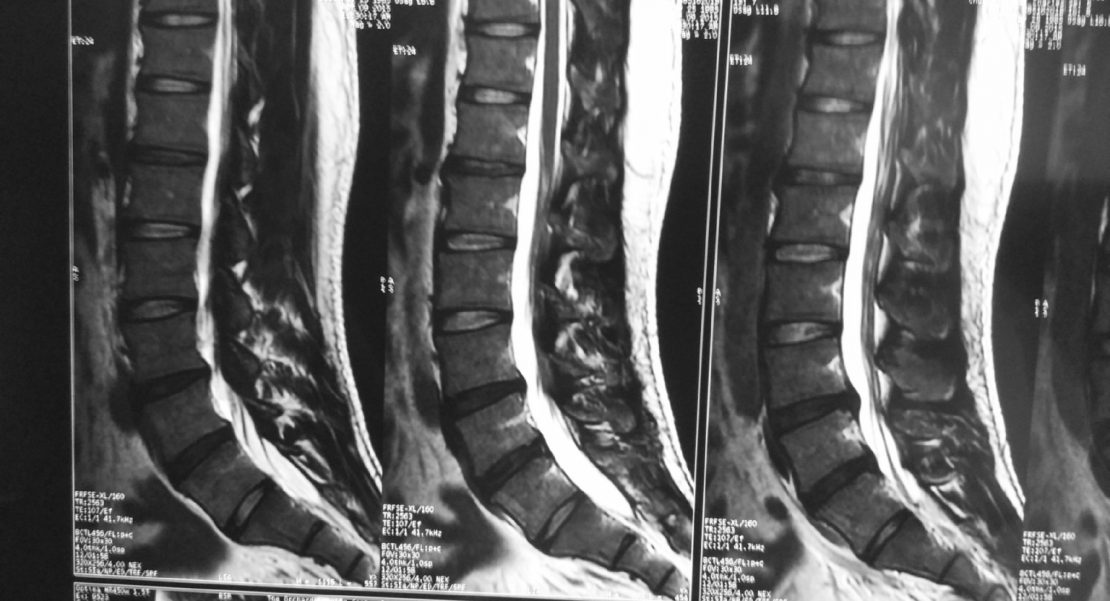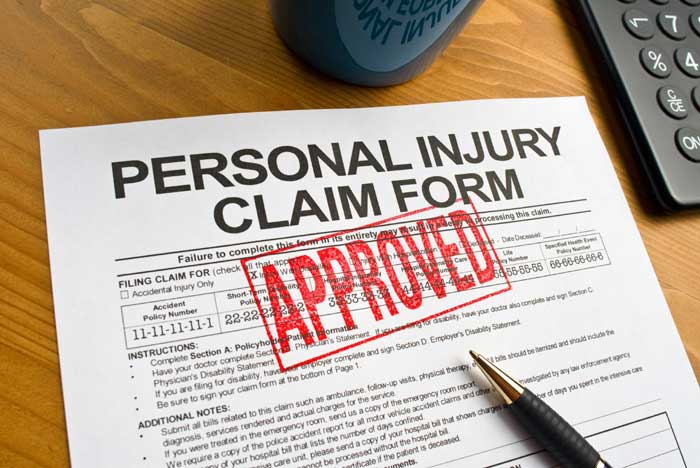MRI Scans for Personal Injury Lawsuits: 4 Things to Look for in a Provider
Personal injury attorneys rely on MRI scans and other types of diagnostic imaging to build their cases. But not every hospital or clinic has the experience, the infrastructure, and the staff to provide crucial evidence when you need it.
Precise Imaging specializes in working with legal professionals while providing their clients with friendly, patient-centered service. We provide a single point-of-contact for management of all your personal injury cases, no matter how many you have at a time. We also have a designated web portal specifically for attorneys.
When you look for a diagnostic imaging center to work with, here are a few of the benefits you should look for — all of which you can find at Precise Imaging:
Diagnostic imaging built around the patient's health and comfort is at the core of Precise Imaging practice. Our radiologists, technologists, and support staff are all trained to communicate warmly and with respect for the patient's values and experience. We take cues, both verbal and nonverbal, and offer emotional support alongside physical comforts to ensure that patients can get back to their busy lives feeling good about the experience.
Patient satisfaction is always our goal. We understand that attorneys are motivated by their clients' success because we feel the same.
Speaking of patient satisfaction, market research suggests that patients list scheduling difficulty and waiting time for appointments as major issues in their choice of health care provider. We suspect that attorneys who make appointments for their clients would say much the same.
With over 70 locations, Precise Imaging offers appointments for your clients when and where it's convenient for them. We can even schedule same-day imaging. Our radiologists provide reports within 24 hours of a scan — and faster when requested. Precise Imaging has years of experience working with the legal community, and we pride ourselves on taking the stress off patients and their representatives both through flexible scheduling.
When a client is struggling with an injury and a legal case, it helps to keep one thing, at least, as simple as possible. Our scheduling process is quick, easy, and convenient, no matter who makes the call.
Once a scan is completed and the radiologist analyzes the results, we offer images in the format of your choice. We can put the images on a CD or other digital device, or we can simply make them available to you, 24/7, through our attorney web portal.
The portal complies with all HIPAA regulations, allowing patients, health care professionals, and attorneys access to the information they need when they need it. Our attorney portal offers a user-friendly interface designed to simplify the organization of complex legal data.
Of course, unexpected medical bills can be difficult to cover. Your clients shouldn't worry about that while focusing on their cases. Precise Imaging accepts medical liens and letters of protection for personal injury to simplify patient finances during a trying time.
Precise Imaging offers a full suite of resources for attorneys. Find them here. And when you need MRI scans for personal injury lawsuits, contact Precise Imaging at 800-558-2223.
Precise Imaging specializes in working with legal professionals while providing their clients with friendly, patient-centered service. We provide a single point-of-contact for management of all your personal injury cases, no matter how many you have at a time. We also have a designated web portal specifically for attorneys.
When you look for a diagnostic imaging center to work with, here are a few of the benefits you should look for — all of which you can find at Precise Imaging:
1. Patient-Centered Care
Diagnostic imaging built around the patient's health and comfort is at the core of Precise Imaging practice. Our radiologists, technologists, and support staff are all trained to communicate warmly and with respect for the patient's values and experience. We take cues, both verbal and nonverbal, and offer emotional support alongside physical comforts to ensure that patients can get back to their busy lives feeling good about the experience.
Patient satisfaction is always our goal. We understand that attorneys are motivated by their clients' success because we feel the same.
2. Flexible and Convenient Scheduling
Speaking of patient satisfaction, market research suggests that patients list scheduling difficulty and waiting time for appointments as major issues in their choice of health care provider. We suspect that attorneys who make appointments for their clients would say much the same.
With over 70 locations, Precise Imaging offers appointments for your clients when and where it's convenient for them. We can even schedule same-day imaging. Our radiologists provide reports within 24 hours of a scan — and faster when requested. Precise Imaging has years of experience working with the legal community, and we pride ourselves on taking the stress off patients and their representatives both through flexible scheduling.
When a client is struggling with an injury and a legal case, it helps to keep one thing, at least, as simple as possible. Our scheduling process is quick, easy, and convenient, no matter who makes the call.
3. HIPAA-Compliant Online Access to Images
Once a scan is completed and the radiologist analyzes the results, we offer images in the format of your choice. We can put the images on a CD or other digital device, or we can simply make them available to you, 24/7, through our attorney web portal.
The portal complies with all HIPAA regulations, allowing patients, health care professionals, and attorneys access to the information they need when they need it. Our attorney portal offers a user-friendly interface designed to simplify the organization of complex legal data.
4. Medical Lien Payments and Letters of Protection
Of course, unexpected medical bills can be difficult to cover. Your clients shouldn't worry about that while focusing on their cases. Precise Imaging accepts medical liens and letters of protection for personal injury to simplify patient finances during a trying time.
Precise Imaging offers a full suite of resources for attorneys. Find them here. And when you need MRI scans for personal injury lawsuits, contact Precise Imaging at 800-558-2223.








